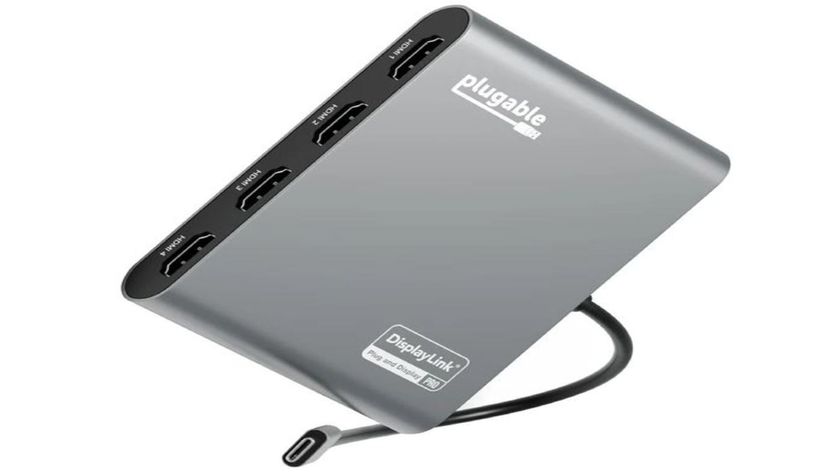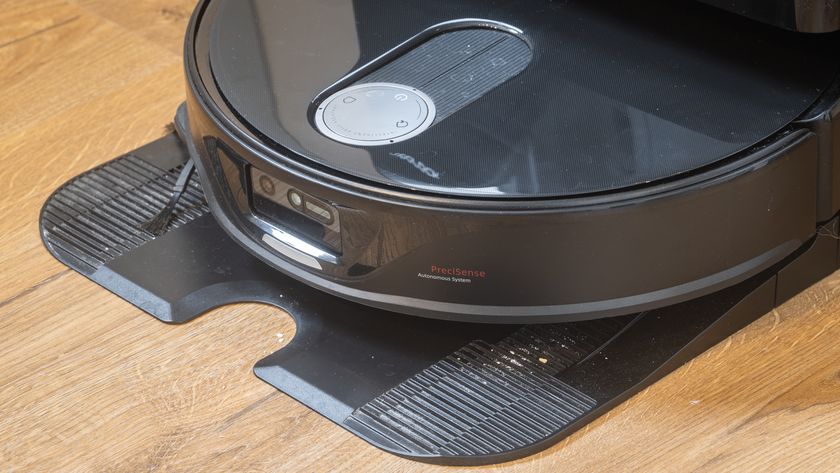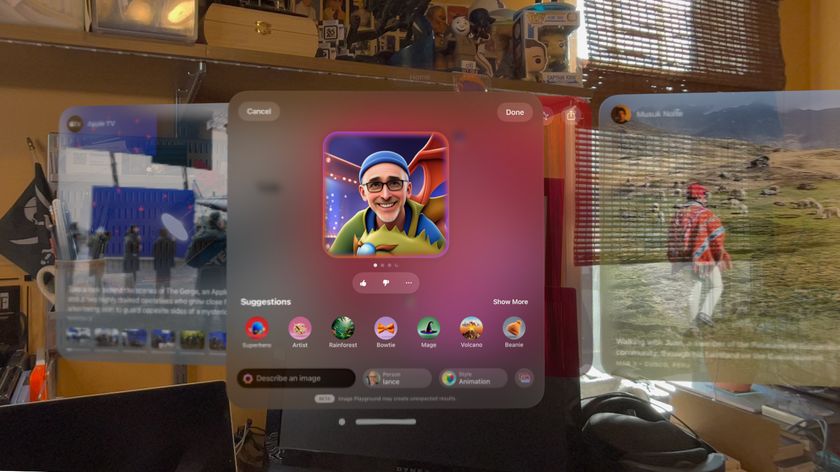MPs want 4G national roaming network to boost rural coverage
Parliamentary Group reveals recommendations to improve rural 4G

MPs have urged the government to consider rural roaming and to priories coverage over financial gain in the upcoming auction of 700MHz airwaves.
The All-Party Parliamentary Group (APPG) for Rural Business has published a report issuing concerns that more remote parts of the country are being left out when it comes to 4G coverage and a series of recommendations that it believes would improve matters.
“This inquiry and subsequent report came to fruition due to the concerns that were being heard repeatedly from constituents and businesses by Members of Parliament associated with the All-Party Parliamentary Group (APPG) for Rural Business,” said Julian Sturdy, chair of the APPG.
“In the main [these stated] that rural people and businesses had been abandoned to poor coverage in favour of urban areas, which provide a bigger financial reward for mobile operators.”
National roaming
Although EE has committed to delivering 4G to 95 per cent of the UK’s landmass by 2020, areas with coverage from all four major operators – EE, O2, Three and Vodafone – are less common. Ofcom’s most recent figures suggest 57 per cent of the UK’s geographic area is completely covered, while seven per cent is uncovered by any operator at all.
The APPG is concerned at the lack of pace in rollout and that the government and operators are “distracted” by the imminent rollout of 5G.
Its report calls for a national roaming network which would see customers of one operator switch to another’s infrastructure if they cannot get a signal. A similar proposal was opposed in 2014, with operators arguing this would reduce the incentive to invest in network infrastructure and delay the rollout of 4G by up to two years. Eventually, they came to a legally-binding agreement with the government to improve voice coverage instead.
Are you a pro? Subscribe to our newsletter
Sign up to the TechRadar Pro newsletter to get all the top news, opinion, features and guidance your business needs to succeed!
Ofcom itself revived the idea last month in technical advice to the government, suggesting it could improve coverage by as much as 10 percentage points for some operators. It also admitted the idea would still be met with resistance, however.
Other recommendations
Other recommendations include obligations for operators to publish their planned coverage rollouts for the next 12 months and where they have developed in the previous six months, as well as joint-strategy from government and operators on how they plan to achieve 95 per cent coverage by 2022 – as outlined in the Conservative 2017 Manifesto.
The APPG also wants mobile infrastructure to be included in local plans and large infrastructure projects. Finally, it wants the Department for Culture, Media and Sport (DCMS) to prioritise coverage over financial gain in the 700MHz auction.
Ofcom already plans to include coverage obligations in some licences for the 700MHz band, however in its technical advice it also raised the possibility of public subsidies.
“We expect that competition will drive some further improvements in coverage. However, because the costs of providing coverage in outlying areas tend to be high, and the revenue generating opportunities low, we do not expect that market forces alone will deliver the levels of coverage consumers expect. Further intervention will therefore be required,” said the regulator.
Steve McCaskill is TechRadar Pro's resident mobile industry expert, covering all aspects of the UK and global news, from operators to service providers and everything in between. He is a former editor of Silicon UK and journalist with over a decade's experience in the technology industry, writing about technology, in particular, telecoms, mobile and sports tech, sports, video games and media.











